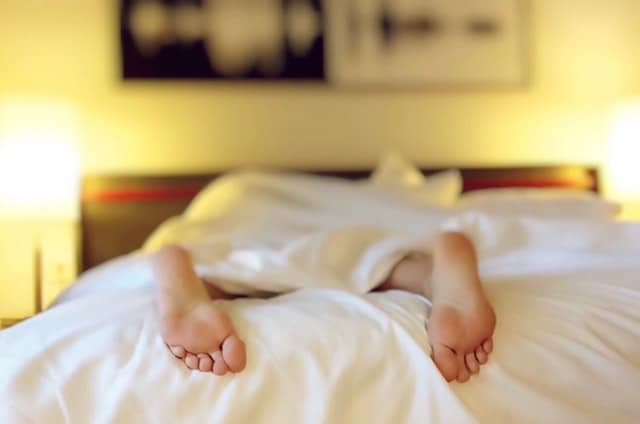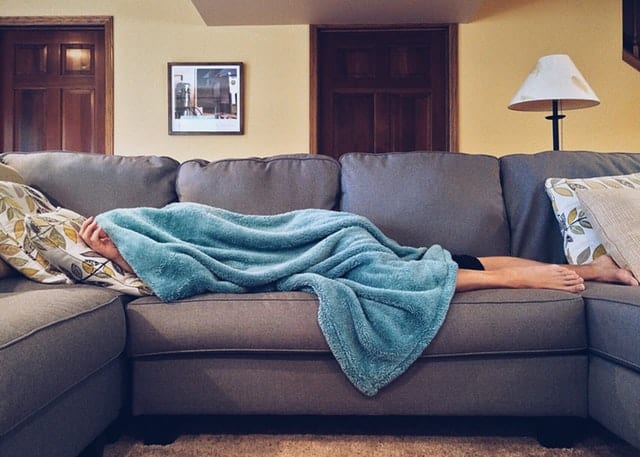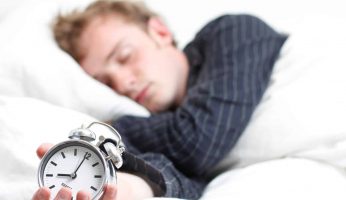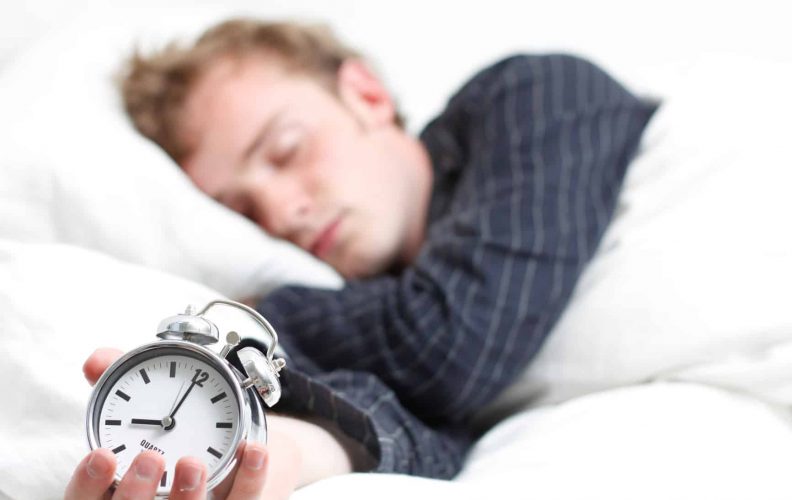The Science of Sleep To Make You Sleep Better
Disclosure: We use affiliate links and may receive a small commission on purchases.
 The Science of Sleep To Make You Sleep Better
thefitbay.com
The Science of Sleep To Make You Sleep Better
thefitbay.com
For most of us, sleep is something that is generally not too complicated. We get tired and jump into our bed and fall asleep. Most people will thus be surprised to hear that sleep is actually not so simple and the science of sleep is quite complex and very intriguing.
The very basic thing to understand here is that during the day, it is our body is physically active but during the night, our body relaxes and our brain becomes active. When we sleep, there are all sorts of electrical brain waves that start to appear. Our heart rate, breathing pattern, body temperature and other body motions all change while we sleep. In addition, our senses come alive in a way while we sleep thus accounting for our dreams and nightmares. How this actually happens remains a mystery.
What Is Sleep?

Even though all humans sleep, most would be hard pressed to define the function. Sleep is a trance like state where the individual is not aware of their external surroundings. But that does not mean that their brain is not active. In fact, during some stages of our sleep, the brain is as active as it would be when we are awake. Each night, when a person goes to sleep, awareness of our consciousness disappears for a few hours and we enter a world of deep sleep and dreams. When we wake up again, we usually don’t remember anything about the events that occurred during sleep but that does not mean they did not happen.
Most of our knowledge about sleep has been derived from observational changes in responsiveness and behaviour during the various stages of the sleep cycle. Based on these findings the following is known about sleep:
- It is a period where there is less physical activity.
- Most people sleep in one typical posture with their eyes closed.
- Sleep is more likely to occur when the human lies down.
- During sleep the majority of people have a marked lowering of responsiveness to the external environment
- Sleep is a state that can be reversed, which is different from a coma where one cannot be easily aroused.
- Sleep does not lead to any negative physical or mental deficits.
What Physiological Things Happen During Sleep?

When we are awake, our body’s organ systems are under control and closely regulated. For example the blood pressure, heart rate, body temperature and our breathing rate do not show any rapid and/or abrupt variations during the time when we are awake. However, when we sleep, the demands of the body are less and thus there are marked variations in many physiological parameters. For example, our blood pressure drops, our heart rate is slower, our breathing is slower and sometimes, even our body temperature goes down, indicating a slowing down of our system.
Brain Activity: It has been known for the past half century that when we sleep, the brain remains active. In general, majority of the nerves in our brain stop firing as our sleep progresses to non-rapid eye movements (NREM) stage. The pattern of electrical activity that initially appears random starts to become more organized and coordinated during non REM sleep.
People dream during REM sleep, a time, when there is significant firing of brain neurons. In fact in most healthy people, the brain activity during REM sleep is even more than when one is fully awake. However, the brain activity during REM sleep appears to be random, disorganized and very variable. As our dreams become more intense, so does the nerve activity of our brain
In most mammals and other animals, sleep is often the same as in humans but there are some differences. Dolphins and other sea mammals have to be conscious all the time so during sleep, a significant part of their brain remains awake. The reason is that these sea creatures need to remain awake so that they can come to the surface to breathe. In these mammals, only one half of the brain sleeps at a time.
While the question of why we sleep remains unanswered, the one universal feature that is appreciated is that people who sleep at least 7-8 hours a day tend to have better health and wellbeing.
Some Interesting Facts about Sleep

Scientists and researchers have been studying sleep for decades. Over the years, many new and interesting facts have been discovered some of which you may not be aware of. These include:
A study showed that only around 15% of people dreamt in color before the introduction of color television. 12% of people still dream entirely in black and white.
While this fact may differ depending on the age of the individual, it is generally believed that most humans spend nearly 1/3 of their lives sleeping.
Randy Gardner, a student in California has the record for staying awake for the longest period of time. He went without sleep for 11 days.
Every experienced jerks while sleeping? These are called hypnic jerks and while no one knows why they occur, they are not considered to be dangerous or unhealthy.
The National Sleep Foundation reports that 15% of the population are sleepwalkers. But all this talk about not waking up sleepwalkers is a total myth.
With all this talk of obesity being such an epidemic, you would be happy to know that sleep is considered more important than food. Sleep deprivation has a higher chance of killing you as compared to food deprivation.
We forget 50% of our dreams within 5 minutes of waking up. According to Sigmund Freud, this may be because our brains represent thoughts that we tend to repress so once we are awake, our brain puts them back into the vault.
Sleep is indeed a very fascinating subject and that is a major reason why scientists continue to conduct new research to discover more and more about this absolutely essential and very critical function of our body. A lot still remains to be discovered but one thing we know for sure is that sleep is necessary for our survival.










